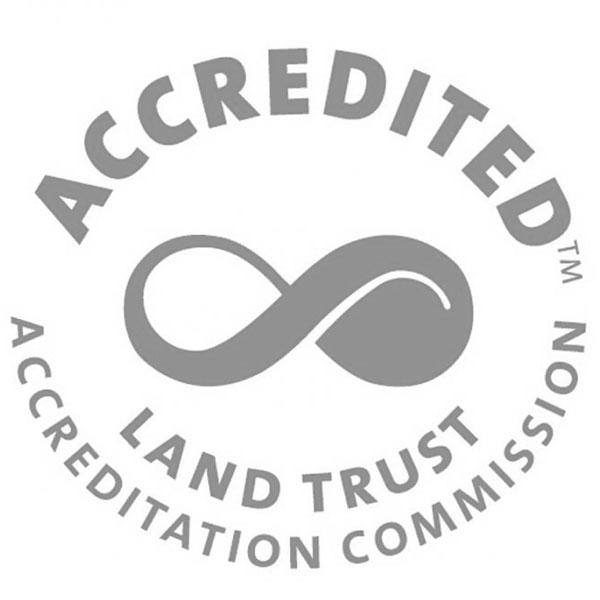ESLC Statement on Sine Die
ANNAPOLIS — The Maryland General Assembly’s 90-day Legislative Session came to a close Monday night with a fair amount of cheers and groans by conservationists, as multiple environmental and land use bills passed and many important questions remained unanswered.
Eastern Shore Land Conservancy (ESLC) was pleased to see a number of its legislative priorities pass during the topsy-turvy 2012 session. Multiple bills were proposed that could have a significant effect on agricultural land use, including an important first step to curb rural sprawl in the Sustainable Growth and Agricultural Preservation Act of 2012 (SB 236). This bill helps to classify where septic systems can be built, as a mechanism to help stabilize the proliferation of septic systems.
Another important win was the passing of the Family Farm Preservation Act of 2012 (SB 294). Often the most vulnerable time for a family farm is when it shifts between generations. This bill will make it easier for most agricultural land to be passed down to a relative, without the added burden of an estate tax, as long as the land will stay in agricultural production.
“Overall, this session was a success for those who care about preserving agricultural land and the character of places like the Eastern Shore,” said ESLC Deputy Director Amy Owsley. “ESLC had a much greater presence at the state level this year, including presenting in front of the Eastern Shore Delegation, helping sponsor the ‘Taste of the Eastern Shore’ Legislative Night, and personally visiting more than 60 offices of elected officials.”
In the pursuit of cleaner water and a cleaner environment, several environmental bills passed, including an increase in the Bay Restoration Fund (SB 240) that will help pay for wastewater treatment plant upgrades. The Stormwater Management Watershed Protection and Restoration Program (HB 987) bill required the state’s largest jurisdictions to develop a dedicated fee to reduce polluted stormwater runoff.
The end of session came with disappointment as the budget remained unsettled and the Maryland Offshore Wind Act of 2012 (HB 441) officially died in the Senate Finance Committee.
“In addition to the failure of the Offshore Wind Energy bill, one of the bigger disappointments was the cuts to conservation funding, including Program Open Space and Maryland Agricultural Land Preservation Foundation. These programs are vital to helping farm families preserve their family lands.” said Rob Etgen, Executive Director of Eastern Shore Land Conservancy.
“As this session has come to a close, we realize how grateful we are for Chairwoman Conway, Chairman Conway, Senator Pinsky, Chairwoman McIntosh, the administration, and others who have helped pass some great legislation this year. We also realize that our work is not yet finished, but that for the preservation of our rural land and way of life, some wonderful strides have been made this session.”






